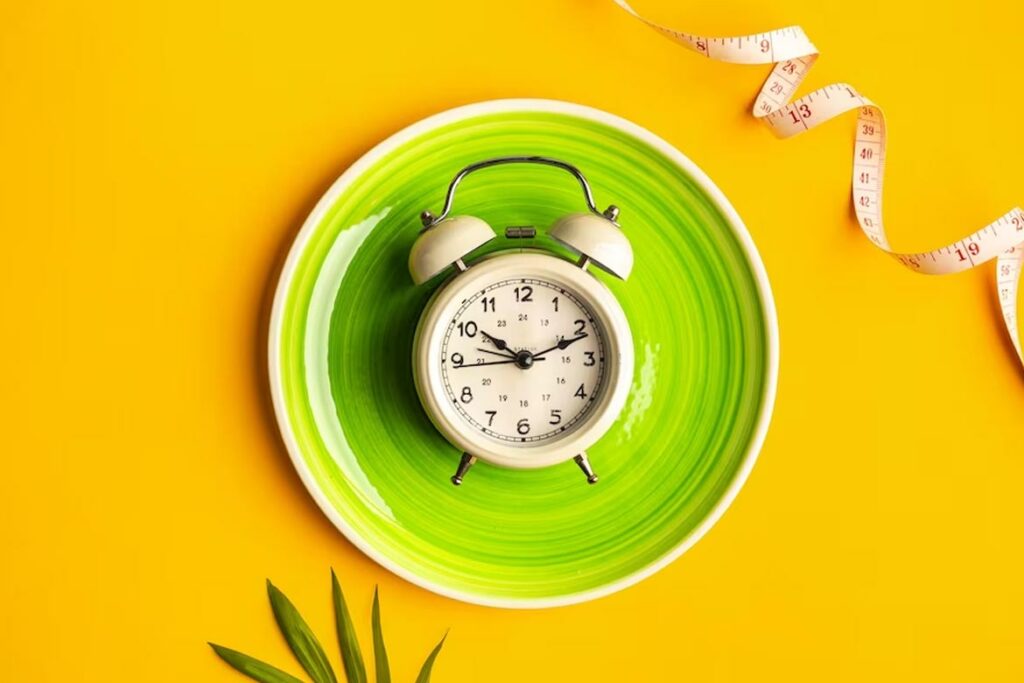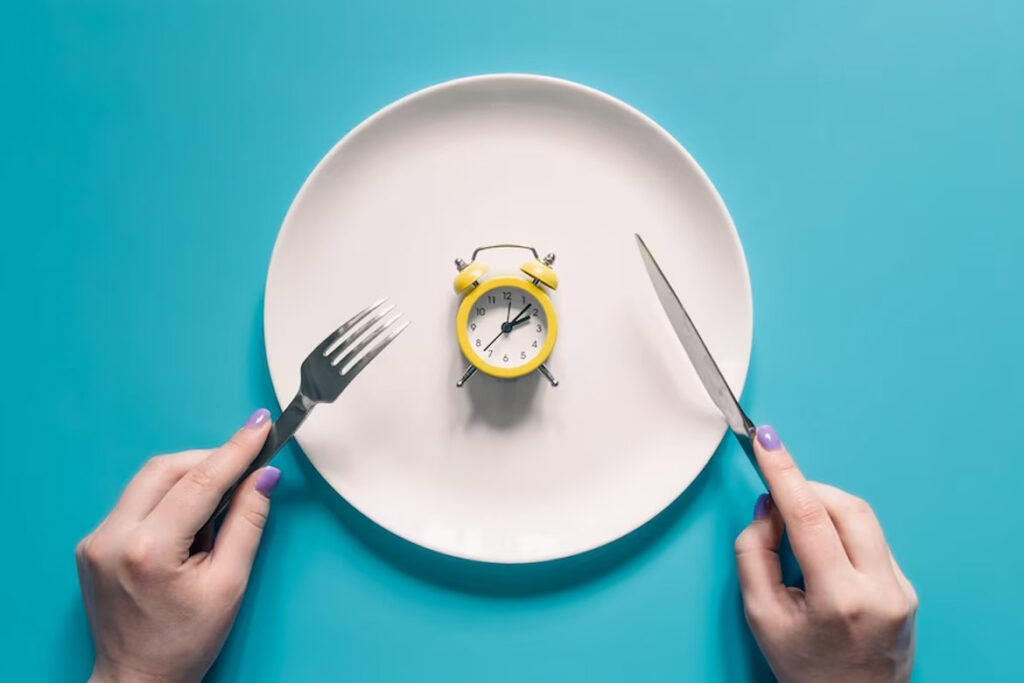Navratri has begun, and Ram Navami will be celebrated on March 30th. On the other hand, the holy month of Ramadan has begun. For Hindus, Navratri is an auspicious celebration in which they pray to the nine forms of Goddess Durga and fast in order to please the Goddess.
Muslims, on the other hand, fast for the entire month of Ramadan. It is the time when you fast from sunrise to sunset for 30 days, abstaining from food and drink and instead focusing on your inner self.
It is a time for spiritual development, reconnecting with one’s faith, and showing compassion and generosity to others. Not everyone fasts during these nine days or the entire month of Ramadan. Despite their health, many people adhere to the customs religiously. However, we must be aware that conditions such as diabetes can be difficult to manage while fasting. Here are a few quick and easy recipes, as well as some health-related tips.
It is critical to consider how to best assist people with diabetes and their carers in fully enjoying the festival. Navigating a fast can be difficult because it involves a significant change in routine and lifestyle, which can make it difficult for people to maintain normal glucose levels throughout the day. As a result, consulting your doctor prior to fasting can be extremely beneficial in understanding any risks and having a plan ready to manage your diabetes in the best way possible.
Fasting Tips for diabetic people during Navratri

Read more: Here are 12 useful tips to begin yoga journey
- Don’t go too long without eating. Because Navratri fasting allows you to eat certain foods, eat every 2-3 hours rather than three large meals.
- Plan your diet to include a variety of fats, carbohydrates, and protein to ensure that you have enough energy throughout the day. High carbohydrate diets should be avoided because they can cause blood sugar spikes and unwanted weight gain.
- During the day, stay hydrated. Unlike the Ramadan fast, the Navratri fast does not require abstaining from liquids. Drink plenty of water, fruit juices, and coconut water, and avoid caffeinated beverages such as tea.
- Instead of deep frying or using a lot of oil to make Tikkis or Puris for Vrat, try baking, grilling, air frying, or sautéing.
- Continue to test your glucose levels more frequently than usual, as fasting may result in low glucose levels. Take your insulin and medications as prescribed. Discuss the precautions and action plan with your doctor ahead of time.
- If you feel dizzy, disoriented, or sweaty, break your fast right away. Consume glucose tablets or sugary foods before eating a meal such as a sandwich or a bowl of cereal.
Fasting tips for diabetic people during Ramadan
People with controlled diabetes can take steps to manage their sugar levels, especially while fasting for extended periods during Ramadan. There are several healthy eating habits that people should practise between ‘sehri’ and ‘iftar’. It is also critical to follow the advice of one’s doctor in order to understand any changes that may be required with one’s medication.
Here are a few pointers to help you manage your diabetes during Ramadan this year:

Read more: 5 foods that you must add to your child’s diet during seasonal change
- Consume an energising Sehri (pre-dawn) meal: Include more fibre-rich starchy foods that release energy slowly, such as oats and multigrain breads, as well as vegetables, lentils (dal), and other legumes. Proteins such as fish, tofu, and nuts can also be consumed for energy. Drink plenty of fluids, but avoid sugary or caffeinated beverages such as coffee, soft drinks, and others.
- Checking your glucose levels more frequently: It is a must, and there are more ways to do this in the comfort of your own homes. Continuous Glucose Monitoring (CGM) wearable devices, such as the FreeStyle Libre, offer a simple way for people with diabetes to access real-time glucose readings and trends, such as during fasting or at Iftar. All of this while avoiding the pain of pinpricks associated with traditional glucose testing options.
- Refuel properly during Iftar (fast-breaking): The fast is traditionally broken with dates and milk, which can be followed by complex carbohydrates. Make sure to stay hydrated as well. Consume sweet, fried, or oily foods in moderation because they can be harmful to your health. Fruit before bedtime can also help keep blood sugar levels stable until the morning.
- Sleep well: Getting enough quality sleep is essential for good health and wellness. Getting enough sleep is especially important during Ramadan, when your pre-dawn meal is critical to maintaining your energy. This also helps to avoid sleep deprivation, which can have an impact on your appetite. This can also help with metabolism and blood glucose regulation, which is important when managing diabetes.
- Maintain a gentle exercise routine: One must maintain physical activity but reduce the intensity to avoid extra exertion. Simple workouts, such as walking or yoga, can be tried. At this time, resistance training can also help you avoid muscle loss and build strength.
